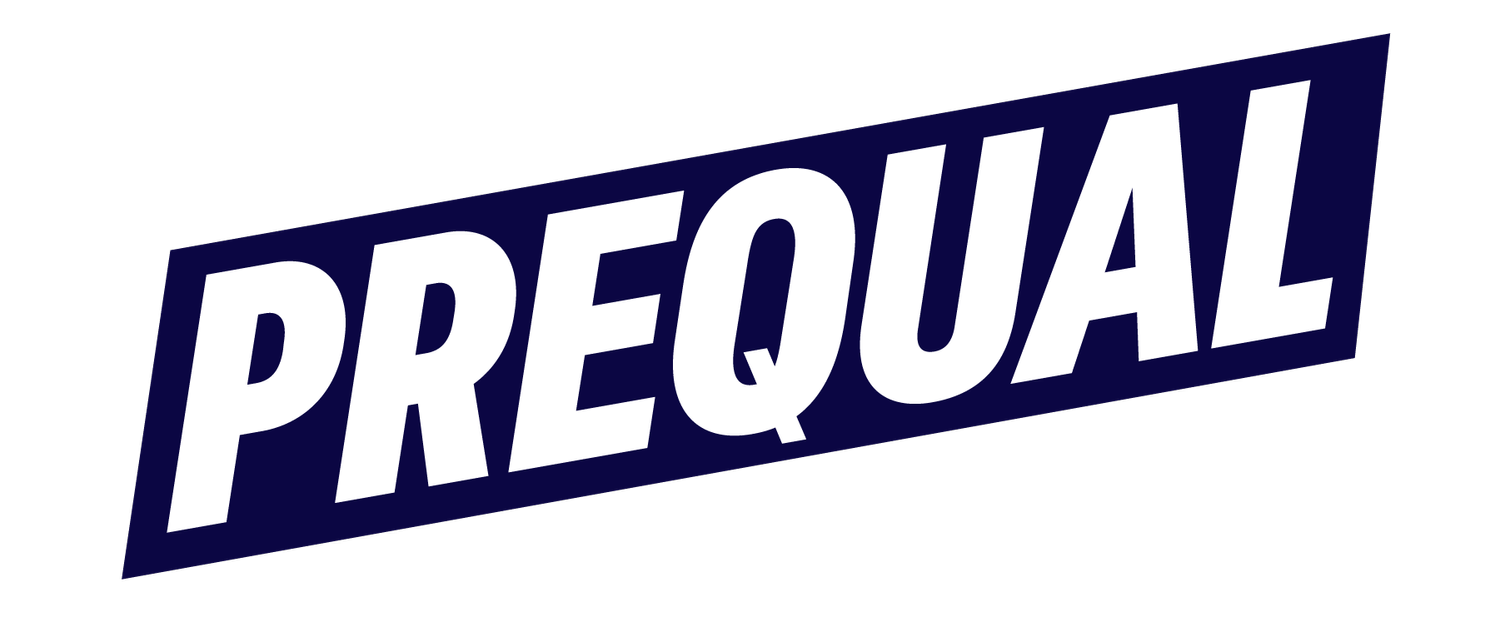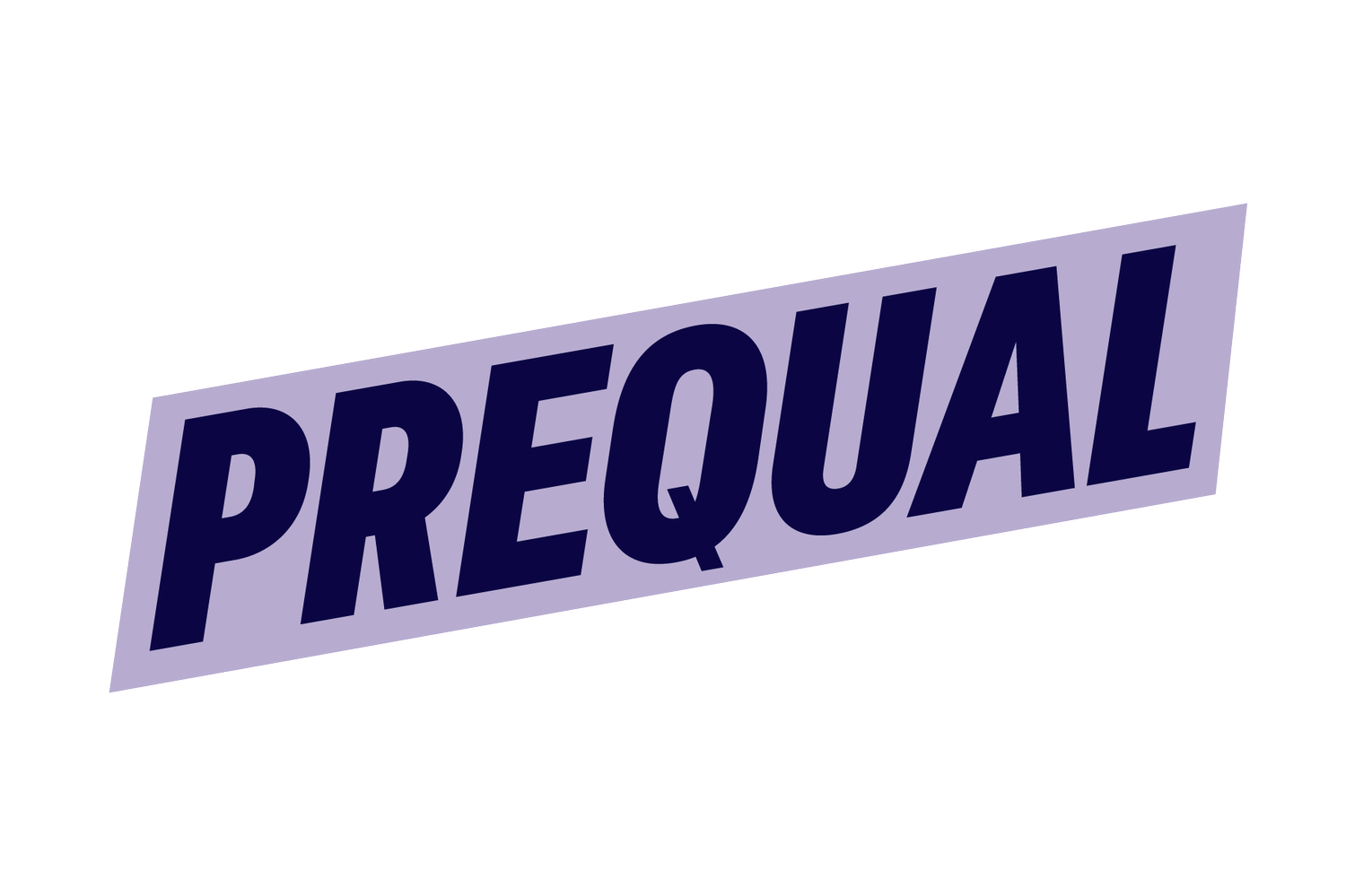Common Sales Objections and How to Address and Move Past Them
You did your homework on your sales prospect. You prepared, prepared, and prepared some more. You gave a top-notch sales pitch. You should get an immediate and enthusiastic "YES!" from the prospect, right? Not so fast.
We'd all love to make a sales pitch and have the client or prospect immediately say, "Yes, please!" But getting to a "yes" in the sales process can be more complicated than we'd like. Sales objections are common and, dare we say, a welcome part of the sales process – as long as you know how to handle sales objections.
What Is a Sales Objection?
A sales objection is any concern your prospect raises that prevents them from buying from you. These objections can come in many forms but often include pricing concerns, lack of experience or expertise, timing issues, unwillingness to switch to a new vendor, mismatch of the solution to the buyer's needs, and value concerns. An objection can sound like this:
"That's too expensive."
"We're looking for a bigger/smaller company."
"We're too busy right now."
"We're already working with someone."
"We need XYZ features that aren't included."
"We don't see the ROI."
How Can You Respond to Sales Objections?
To overcome these objections, it's critical to have a strategy in place to address and alleviate any concerns. Without an objection response strategy, you risk losing out on a potential sale and miss out on the opportunity to hone your pitch, services, and product offerings.
Prequal has developed a "VIP" process that is incredibly useful and strategic for responding to objections during the sales process. The VIP process consists of three steps: validate, inquire, and proceed to progress.
V - Validate the objection by acknowledging that you understand the concern.
I - Inquire with open-ended questions to gather information about the concern.
P - Proceed to progress by following up with specific and time-boxed items.
Here, we'll walk you through the two most common sales objections with examples of what to listen for and how to respond.
Objection Example #1: Pricing and Budget Concerns
Objections about pricing or budget often sound like "That's too expensive," "We weren't prepared to pay that amount," "Your offer is more expensive than Competitor X," or "We don't have a budget for this right now." To overcome these objections, ask questions that help you determine your prospect's pricing expectations, comparisons, and the context for those expectations and comparisons.
For example, you can ask, "What are you comparing the price to?" or "Did you have a budget we should scope to?" By validating the importance of pricing and asking questions to learn more about this concern, you can proceed to progress and offer to scope the work according to the prospect's budget.
The VIP response might sound like this:
(V) "I understand that price is important for you."
(I) "Would you be willing to share what you are comparing our price to?"
(P) "Assuming it makes sense for both parties, we'd be happy to scope our work to align with your budget."
Objection Example #2: Lack of Expertise or Experience
Objections about a lack of expertise or experience come in many forms. They can sound like, "You don't know our industry as well as Competitor ABC," "You are too small/too big/not in the right geography," or "Have you worked with other customers like us?"
Not only are experience-based objections common, but they can be one of the most difficult to hear. We won't tell you to grow a thick skin, but we will remind you not to take these objections personally. Remember: Customers buy outcomes. They want to know you can meet their expectations. The best way to do that is to tell stories, offer supporting data, and provide references that reinforce your experience in similar situations.
To overcome these objections, offer data and stories that reinforce your experience in similar situations. By validating the importance of having a strategic partner that understands the prospect's company and industry, you can inquire about what would increase their confidence in partnering with you.
The VIP response might sound like this:
(V) "It's really important that you have strategic partners that understand you/your company/your industry /your objectives."
(I) "What would help increase your confidence in partnering with us?"
(P) "I would be happy to provide data, customer references, or success stories of our experience with customers like you."
Don’t take it personally.
Though it can be easier said than done, stay resilient and attentive throughout the sales process, especially when you hear sales objections of any kind. Objections are not personal; they are a natural part of the sales process.
Anticipate concerns ahead of time and proactively address them. Rely on your interpersonal skills. Be responsive, humble, kind, helpful, and honest.
Remember: it's the buyer's job to challenge your proposal and find a way to maximize their resources. Empathy will go a long way in preparing for and responding to a prospect's objections. What would you want or need if you were in the buyer's shoes?
Objections can be challenging hurdles in the sales process, but they don't have to be a dead end if you rely on Prequal's VIP process of validating, inquiring, and proceeding to progress. By anticipating objections and addressing them proactively, you can be resilient and effectively respond to any concerns the prospect raises.
Don’t give up too soon. Use these challenges as opportunities.
Opportunities to provide more information. Opportunities to hone your services and product offerings. Opportunities to better understand and connect with your buyers and customers. Opportunities to get to "yes."



